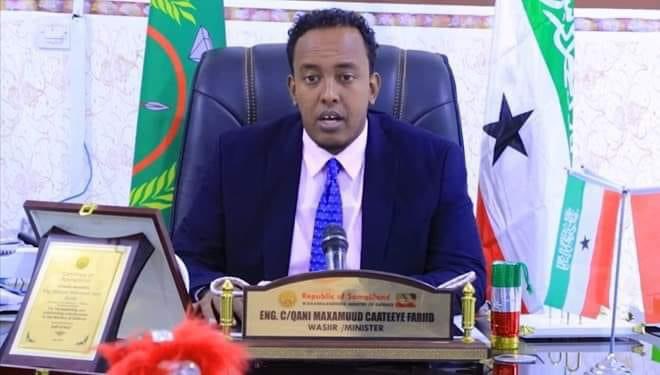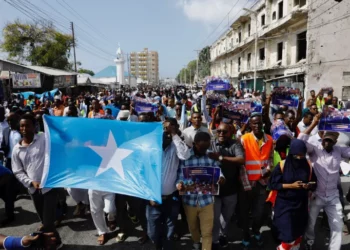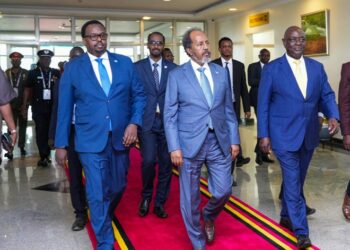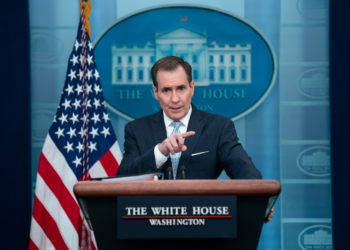The recent disclosure of an agreement granting Ethiopia access to land and a naval base in the self-declared but unrecognized state of Somaliland has not only attracted international attention but also ignited domestic unrest. As revealed by Ridwaan Hussein, an advisor to Ethiopian Prime Minister Abiy Ahmed, the deal promises Ethiopia a strategic 20 KM stretch of land and a naval base in Lughaye, sparking widespread concern over Somaliland’s sovereignty and international standing.
While the Ethiopian government views the agreement as a means to expand its Red Sea access, many Somalilanders are vehemently opposed, viewing it as a betrayal of their quest for sovereignty and a violation of their rights. This sentiment is so strong that it led to a significant political fallout, including the resignation of Somaliland’s Foreign Minister, who stepped down in protest over the agreement. The minister’s departure underscores the deep divisions and political turmoil the deal has caused within Somaliland’s government and society.
Internationally, the deal has drawn scrutiny from various organizations. The Arab League has voiced concerns about the implications of such agreements involving unrecognized entities, while the European Union has called for dialogue and respect for recognized borders. The African Union and the Intergovernmental Authority on Development have both emphasized the need for regional stability and adherence to international norms, urging a reconsideration of the agreement’s terms.
The reaction within Somaliland has been particularly poignant, with citizens and political leaders expressing fear that ceding land to Ethiopia could undermine their aspirations for recognized independence. The public outcry and the foreign minister’s resignation signal a profound unease about the agreement’s implications for Somaliland’s future and its quest for international legitimacy.
As international bodies deliberate and Somalilanders grapple with the agreement’s fallout, the controversy highlights the complex interplay between unrecognized states’ desires for legitimacy, regional diplomatic dynamics, and the international community’s role in shaping the future of contested territories. With tensions running high, the unfolding events in Somaliland and Ethiopia will undoubtedly continue to draw attention and shape the geopolitical landscape of the Horn of Africa














